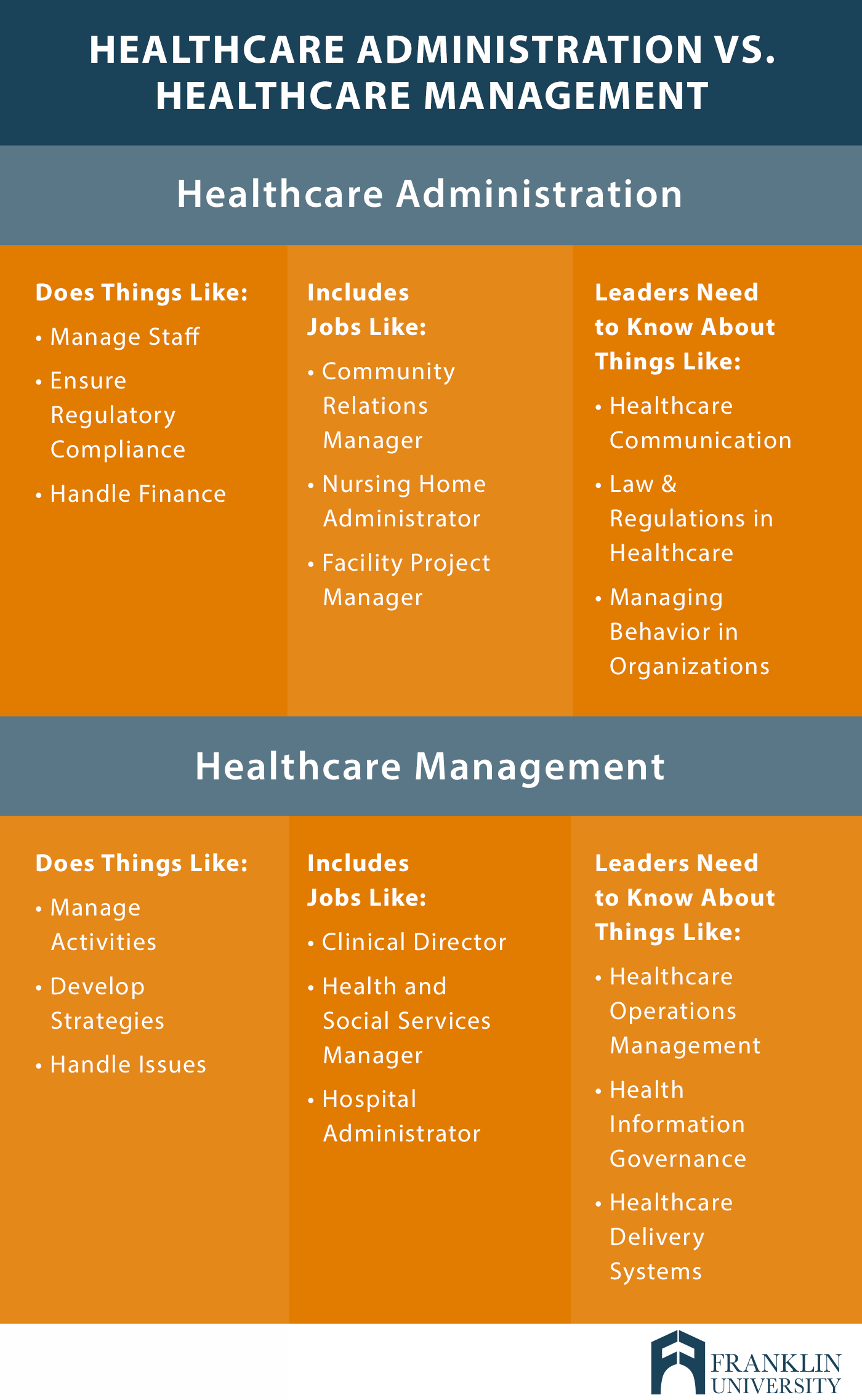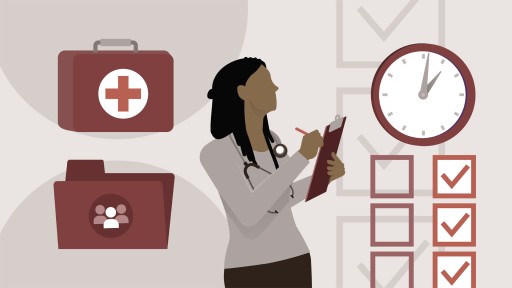Healthcare administration is a field that encompasses the management and leadership of hospitals, clinics, and other healthcare organizations. As such, there are many potential project ideas that a healthcare administrator could undertake in order to improve the efficiency and effectiveness of their organization. Some potential ideas include:
Implementing a new electronic health record (EHR) system: Many healthcare organizations still rely on paper records, which can be time-consuming and error-prone. Implementing an EHR system can streamline the process of recording and accessing patient information, improve communication between healthcare providers, and reduce the risk of errors.
Developing a patient portal: Patient portals allow patients to access their health information, schedule appointments, and communicate with their healthcare providers online. This can improve patient engagement and satisfaction, as well as reduce the workload for administrative staff.
Improving patient flow: Long wait times and bottlenecks in the patient flow process can lead to decreased patient satisfaction and increased costs. A healthcare administration project could focus on identifying and addressing bottlenecks in the patient flow process in order to improve efficiency and patient satisfaction.
Enhancing the use of data analytics: Data analytics can provide valuable insights into the performance of a healthcare organization. A healthcare administration project could focus on implementing data analytics tools and processes in order to improve decision-making and identify areas for improvement.
Developing a telemedicine program: Telemedicine allows patients to access healthcare services remotely, which can be particularly useful in rural or underserved areas. A healthcare administration project could focus on developing and implementing a telemedicine program in order to increase access to care for patients.
Improving care coordination: Poor care coordination can lead to fragmented care, which can lead to poorer outcomes for patients. A healthcare administration project could focus on implementing care coordination processes and tools in order to improve the quality of care and patient outcomes.
Reducing readmissions: Readmissions to the hospital can be costly and can lead to decreased patient satisfaction. A healthcare administration project could focus on identifying and addressing the root causes of readmissions in order to reduce the frequency of readmissions and improve patient outcomes.
Implementing a Lean process improvement program: Lean is a methodology that aims to eliminate waste and improve efficiency in business processes. A healthcare administration project could focus on implementing a Lean program in order to identify and eliminate waste and improve the efficiency of the organization.
These are just a few potential ideas for healthcare administration projects. The specific needs and goals of a healthcare organization will determine which projects are most appropriate. Regardless of the specific project, a healthcare administrator should be sure to involve stakeholders in the planning and implementation process in order to ensure buy-in and successful implementation.
Healthcare administration is a complex and multifaceted field that encompasses a wide range of responsibilities, including financial management, human resources, and quality improvement. As a result, there are many potential project ideas that a healthcare administrator could pursue in order to improve the efficiency and effectiveness of a healthcare organization. Some of the most promising and impactful project ideas in healthcare administration include:
Implementing an electronic health record (EHR) system: An EHR system is a digital version of a patient's medical history, which allows healthcare providers to access and update information in real time. Implementing an EHR system can improve communication and coordination among healthcare providers, reduce the risk of errors and omissions, and improve patient outcomes.
Developing a telemedicine program: Telemedicine allows patients to receive healthcare services remotely, through the use of video conferencing, phone calls, or other electronic means. This can be especially useful in rural or underserved areas, where access to healthcare providers may be limited. Telemedicine can also reduce costs by reducing the need for in-person visits.
Improving patient safety: Patient safety is a top priority in healthcare, and there are many ways that healthcare administrators can work to reduce the risk of errors and adverse events. This could involve implementing new protocols or procedures, training staff on best practices, or investing in new technology to support patient safety efforts.
Reducing costs: Healthcare costs are a major concern for many organizations and patients, and there are many ways that healthcare administrators can work to reduce costs. This could involve negotiating better prices for supplies and services, streamlining processes to reduce waste, or adopting new technologies that can help to lower costs.
Improving the patient experience: Patient satisfaction is an important indicator of the quality of care that a healthcare organization provides. Healthcare administrators can work to improve the patient experience by focusing on things like communication, convenience, and comfort. This could involve implementing new policies or procedures, investing in new technology or equipment, or training staff on customer service best practices.
Overall, these are just a few examples of the many potential project ideas that a healthcare administrator could pursue. By focusing on areas like patient safety, cost reduction, and the patient experience, healthcare administrators can help to improve the efficiency and effectiveness of their organization, and ultimately help to improve the health and well-being of their patients.








